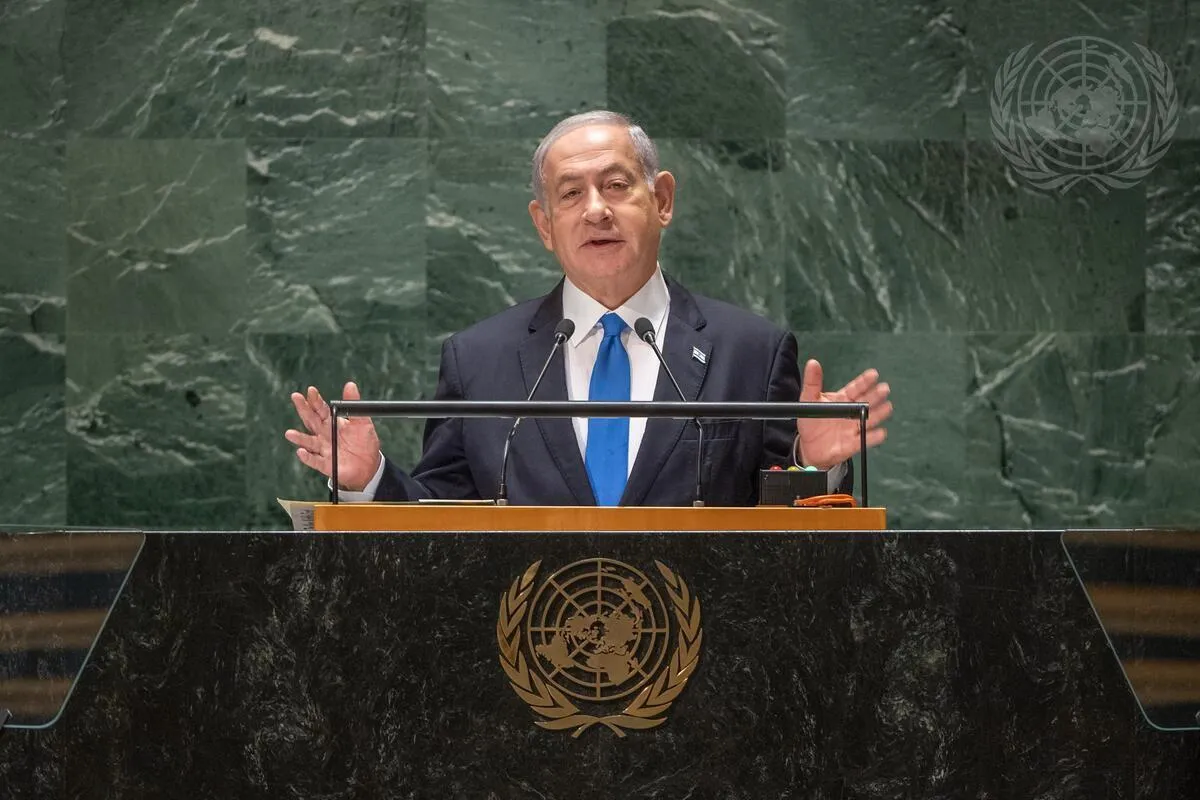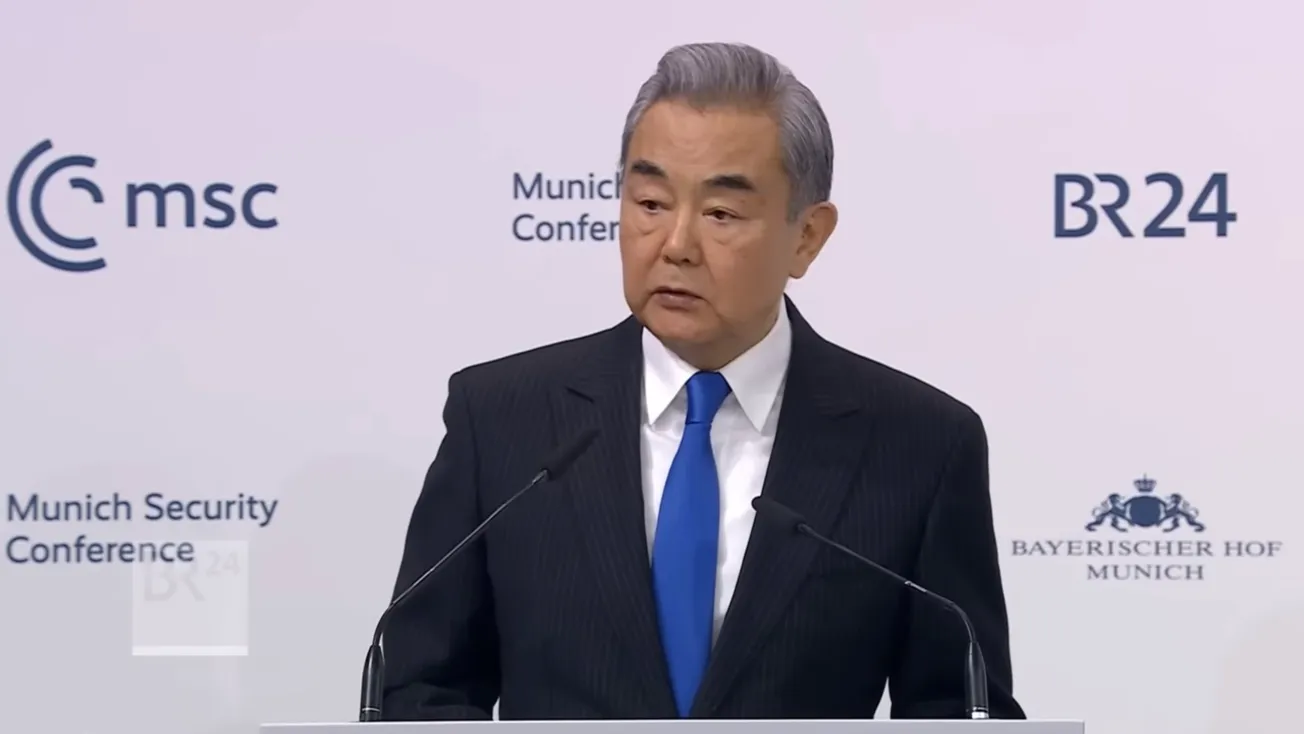A persistent gap has opened between Biden Administration and Netanyahu government policy intentions on the issue truly called “ethnic cleansing” against Palestinian populations. The divergence, which first showed in Israeli Prime Minister Bibi Netanyahu’s Nov. 7 direct contradiction of President Joe Biden’s statement that Israel “had no intention” of holding “security responsibility” for Gaza after a presumed elimination of Hamas, came up in National Security Advisor Jake Sullivan’s appearance today on CBS News’ “Face the Nation.”
“Well, from our perspective, the way forward- the basic principles of the way forward are straightforward…. No reoccupation of Gaza, no forcible displacement of the Palestinian people. Gaza can never be used as a base for terrorism in the future and Gaza’s territory should not be reduced.” Sullivan said told Margaret Brennan.
Almost simultaneously on Sunday morning Netanyahu, appearing on NBC’s “Meet the Press,” vigorously avoided and disputed repeated questions about whether Israel would relinquish control of Gaza to “a United Nations force,” again after the presumed destruction of Hamas. Netanyahu made clear, for the third time publicly since Nov. 7, that his government would not accept that, nor agree to withdraw its forces from Gaza under any circumstances that could be described now.
The Israeli state-run broadcaster Kan, and confirmed by Times of Israel has reported that Biden Administration officials are asking Israel to clarify what Netanyahu means by “maintaining security control” over Gaza indefinitely. RT on Nov. 12 carried the report about Kan, and added the obvious point that Netanyahu is repeatedly contradicting Biden’s public statement of Nov. 7.
A statement to Israel TV Channel 12 on Nov. 1 by a leading member of Yair Lapid’s “opposition” party Yesh Atid in the Knesset, made clear that Lapid’s “liberal” opposition accepts the ethnic cleansing policy. Ram Ben Barak, a former Mossad deputy director and MK for Yesh Atid since 2018, called for resettling Gaza’s entire population around the world. “So if all of Gaza is made up of refugees, let’s disperse them around the world. There are 2.5 million people over there [if] each country will take 20,000 people—100 countries…. They are refugees anyway…. It is better to be a refugee in Canada than a refugee in Gaza. If the world really wants to solve the problem, it can solve it.”




